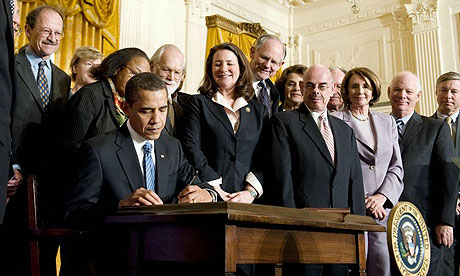 Listen up. The daddy got an email from Cheryl. This is what she said:
Listen up. The daddy got an email from Cheryl. This is what she said:"Okay, daddy. I've read all your lessons so far. They sound good. That's alright for you counselors. But it hasn't helped me. I'm still angry at my husband for leaving me for a younger woman. After I did for him ( putting him through law school and helping him to get his first job in the law firm where I worked) , he walked out on me and all the promise we had together. So I"m having a hard time laughing at myself or anyone else, and I have definitely lost faith in a lot of people, especially men."
Cheryl, the daddy hears you. Sometimes words, however kind, will not do it. Sometimes going fishing on a Saturday or all weekend will not do. Sometimes, talking to a friend in between gulps of chocolate ice cream will not do it. Sometimes, talking to your minister or Imam or Priest will not do it. Sometimes you need to talk to someone who deals with the type of pain you've been having and and who can help you to explore more deeply the problem and engage fully in solutions that could move you forward.
And the daddy says do this like yesterday. Now, he knows that some some of you have an aversion to getting professional help, like his male friends, for instance. They think seeing a therapist is admitting that you are not "man enough" to handle your own "business." They say "real men" tough it. They say go fishing, hunting or clubbing, you know: go to bars, watch a few women slide down a pole, take one home or to a motel to slide on you, and let all their anger, sadness, or depression out of your system. As for t he next day, they got nothing. But it's not just men.
The daddy has a woman friend who is still angry at her adopted mother for not telling her that she was adopted for her first 20 years. Though her mother has been dead for years, she still harbors angry toward her. And she hates it when I call her mother's name. In fact, far too many black people with whom I've worked feel that depression, a common disease in all cultures, only occurs in rich white Americans. Don't ask the daddy how she came to this incredible conclusion. Regardless, many people don't see professional help as an option. And let's face it: for guys who grew up in a macho culture, or a woman growing in an environment where you don't ask for help outside your family, where professional help is never contemplated, watching a woman slide down a pole or eating Ben & Jerry's ice cream while watching a good late night movie can sound awfully attractive. But, ultimately, a person may need help to deal with some of the underlying issues behind an experience like Cheryl's. Life is just too precious and too short not to say to yourself: "I need to get some professional help now."
2
Life is precious
In one of his more recent CDs, the great blues guitarist Lowell Fulson sings a song that will stay with you like one of those jingles in a fast- food commercials. But this jingle has a strong vibe and positive message to it. The song "It's a good day" is elegant it its simplicity and profound in its meaning. With the operative phrase
 "good day" and the operative word "live," Fulson is saying that, to gain a greater appreciation of life, don't let problems get you down. You need to live life to the fullest. By extension, he is saying that, if you're not living life to the fullest, if you're letting problems get you down, you need to do something about it.
"good day" and the operative word "live," Fulson is saying that, to gain a greater appreciation of life, don't let problems get you down. You need to live life to the fullest. By extension, he is saying that, if you're not living life to the fullest, if you're letting problems get you down, you need to do something about it.To say it's a good day if we live to see it may sound like a cliche to some but not to those teetering on the very edge of life about to succumb to life's problems. And you, like the daddy, know why--that, in practical terms, you have only a short time to live on this earth, to breathe fresh air, to smell the fresh-perked coffee, to eat a fine steak, to feel the cool water beneath your feet us walk along a white, sandy beach.
You have less time than you like to think to spend with your mate, to watch your children grow...to contribute something meaningful to your family, community or nation so that your life here on earth will not have been in vain.
You know it means that you have no time to waste in somehow getting yourself to a point where you stop worrying about problems and start living for today and make plans today to do things that you've been putting off for some years: taking that vacation in the Caribean or to West Africa; taking that second cruise on the same ship to spark up the relationship again; visiting relatives back in the "old country" or "down home." Whatever, start living and planning today, because you don't know what tomorrow will bring.
3
If life is precious, if it's a good day if we live to see it, surely you need to do everything possible to make it a positive experience, and not one to make cause you to languish in anger, pain and sorrow. That may require that you get help to get you pass the hard times so you can then let the good times can roll-- so you can say, with Lowell Fulson, "It's a good day, if you really live to see it."
4
In this series on dealing with crisis, the daddy talked about how the mind works, how to gain perspective, how important it is to spend time with family and friends, how it's important to have faith, how it's healthier to forgive, how a sense of humor can get you through the tough times, and how life is too precious not to ask for help. And he believes that, if taken to heart, these lessons will help you get to the other side and sing that gospel song they sing in old gospel churches, "The storm is passing over/Hallelujah!"
Have you ever said to yourself, "I need professional help?"


































































.gif)















































































